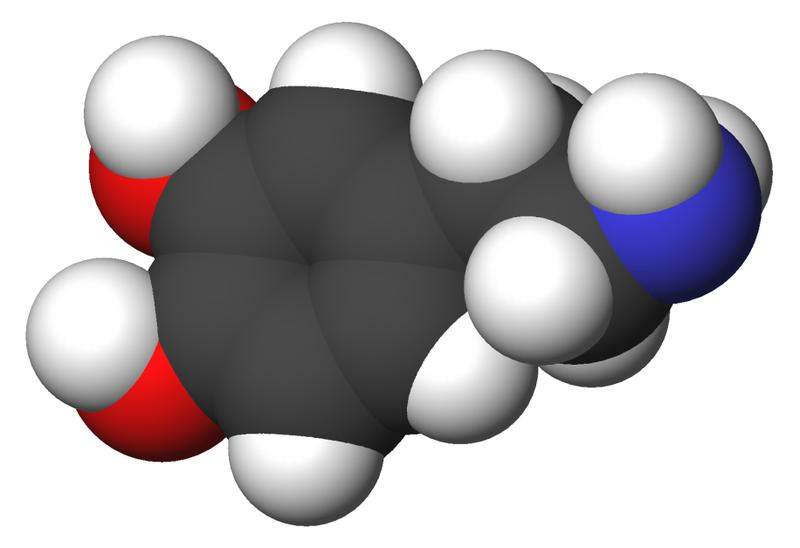
The US Food and Drug Administration (FDA) has approved Neurocrine Biosciences’ Ingrezza (valbenazine) capsules to treat adults with tardive dyskinesia (TD).

Discover B2B Marketing That Performs
Combine business intelligence and editorial excellence to reach engaged professionals across 36 leading media platforms.
Ingrezza is a selective vesicular monoamine transporter 2 (VMAT2) inhibitor and clinical studies have shown that it provides rapid improvement in TD signs and symptoms.
TD is characterised by uncontrollable, abnormal and repetitive movements of the trunk, extremities and / or face and is caused by treatments such as antipsychotics and other medications that block dopamine receptors in the brain.
Its symptoms can be severe and are often persistent and irreversible.
Neurocrine Biosciences CEO Kevin Gorman said: “The approval of Ingrezza represents a turning point for these patients and their care partners, offering a meaningful treatment where before there was little hope.

US Tariffs are shifting - will you react or anticipate?
Don’t let policy changes catch you off guard. Stay proactive with real-time data and expert analysis.
By GlobalData“For the past 20 years, Neurocrine has been devoted to developing treatments for difficult to manage conditions in underserved patient populations.”
In clinical trials of Ingrezza, no worsening in safety scale scores for depression, suicidal ideation or behaviours was observed.
The indication has been studied in more than 1,000 individuals and more than 20 clinical trials.
Neurocrine Biosciences chief medical officer Christopher O’Brien said: “The FDA’s approval of Ingrezza represents the culmination of over ten years of dedicated effort from the Neurocrine research and development teams.
“Neurocrine would like to thank the many clinical investigators and TD patients who participated in our clinical trials.”
Image: Tardive dyskinesia is believed to involve the neurotransmitter dopamine. Photo: courtesy of Sbrools.




